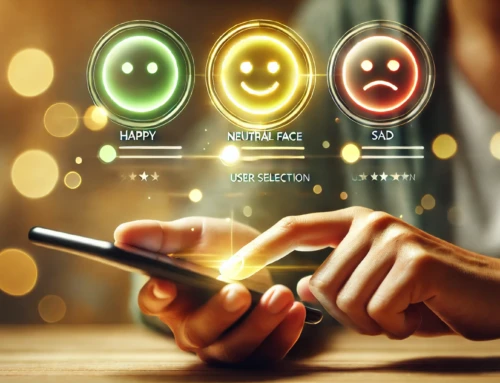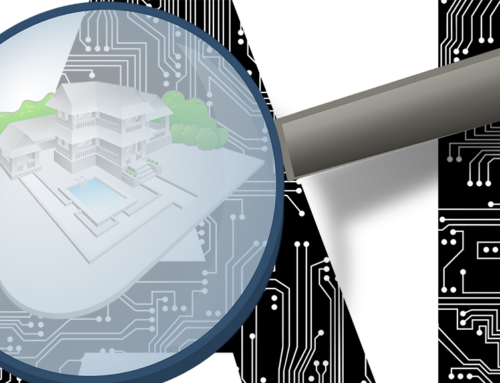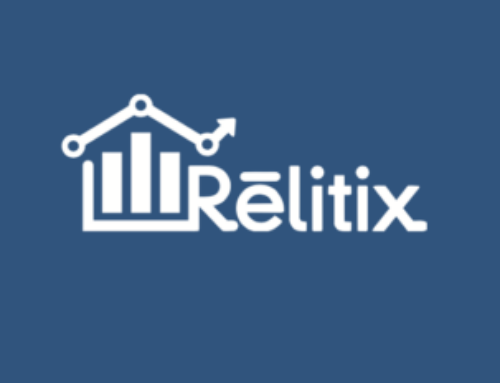![]() When Gordon Moore, Founder of Intel, in 1965, observed that the number of transistors per square inch on integrated circuits had doubled every year since its invention, “Moore’s Law” has become the predictor of what’s happening in technology. Granted, in 1975, the “law” was changed to say every two years and since then, modified often to say every 18 months, but the point remains the same – technology in the lab progresses wickedly fast.
When Gordon Moore, Founder of Intel, in 1965, observed that the number of transistors per square inch on integrated circuits had doubled every year since its invention, “Moore’s Law” has become the predictor of what’s happening in technology. Granted, in 1975, the “law” was changed to say every two years and since then, modified often to say every 18 months, but the point remains the same – technology in the lab progresses wickedly fast.
Today’s Moore’s Law is the moniker to describe changes in more than technology, including social and economic change, changes that technology has helped to speed up. As a novice tech junkie, I am fascinated by “what’s next” and in 2017, there are seven tech innovations and trends that have my attention. The implications for real estate are fairly profound.
My Magnificent 7 for 2017: Automation, Ghosting, IoE, Intelligent Apps, Deep Learning, Security and your Digital Twin.
Automation
It’s not that automation is new – the Automat, the first automated food restaurant dispensing food from vending machines debuted in 1902 – it’s what’s happening in Automation in real estate today that’s profound. A day in the life of the real estate agent is being changed forever. For marketing activities alone, agents no longer need to design flyers, postcards, single property websites or YouTube videos. Heck, they don’t even need to update changes on their marketing materials when a price changes. Everything is done for them – automatically. Imprev is at the forefront of fundamentally changing that part of the agent’s life, and nearly everyone in the marketing space is jumping on the automation bandwagon. It’s not just a wave, it’s a tsunami: automation will be pervasive in everything that touches an agent’s life, from back office support, to transaction management, to driverless cars for taking their clients on home tours.
Ghosting
Chad Curry heads up NAR’s Center for REALTOR® Technology and mentioned the concept of “Ghosting” at the fall RESO conference in Nashville. Imagine taking a client on a home tour without every leaving the office – and the client without ever leaving their home. Shared AR is the best way I can describe it. A light comes on in your office, indicating your client is ready for a tour. They are at their home as a light comes on, indicating you’re ready. Through a shared Augmented Realty experience, you take a tour of each home together, seeing the home exactly the way it is in full 3D and interact with each other as if you were both there. But neither of you are physically there.
IoE
It’s been called the Internet of Things or IoT, but it is really becoming IoE, or the Internet of Everything. This movement is becoming more apparent in our homes every day. One small example that will pay huge benefits is the ability to make every home a “smart home.” The original Smart Home was largely the domain of Geeks, wealthy engineers and early adopters. IoE has instantly made it mainstream and affordable, and the credit goes to Amazon and its Alexa platform. Open your garage door, turn on your lights, set your sprinklers, change the temperature in your home, play your favorite album instantly, lock the front door, order an Uber or a Pizza, wake you up, tell you a joke, read you a book, play a news report, give you a sports score, create items for your shopping list, and even call 911 if you’ve fallen and can’t get up. Alexa doesn’t do all of this on its own (but does a lot of it solo), as it integrates with almost every IoE item that’s available for the home. Moreover, it is getting smarter every day and adding more capabilities and will add more, many that haven’t even been thought up yet.
Intelligent Apps
Machine learning and artificial intelligence are driving the creation of intelligent apps, apps that learn from how we use them. This goes beyond automated bots and virtual assistants to a user experience that knows how to make the right recommendation at the right time, and not just when you’re shopping for something online or choosing a date from a dating app. Google is just scratching the surface by telling us when to leave to miss traffic for our next appointment. Tapping into the true potential of big data combined with AI and ML, new apps built not by Facebook or Google or Amazon will emerge that experts believe will make things simpler and better. Imagine an intelligent app called Home: it knows what channel to change, what program to record, the best temperature for comfort, what music to play for your teenager in their room, and more – all based on time of day and year, and maybe even one’s mood. Here’s a great article that helps define this space.
Deep Learning
Massive computational power has given researchers and scientists the abilities to take machine learning and explore uncharted areas. Deep learning has resulted in major advancements in computer vision – think Facebook and their face recognition technology or Google image search based on an image – and automated speech recognition and the advances from Siri by Apple to Alexa from Amazon. What is coming next because of deep learning will make image recognition (already machines are better than humans in doing this) even smarter as Siri and Alexa and other voice-controlled units begin to really amaze us. Real estate agents may have a virtual assistant that acts and sounds as smart as any human, and doesn’t take a sick day or a vacation. This probably won’t come in 2017, but ML and AI powering deep learning are going to, as Moore’s Law suggests, rapidly speed up its arrival. To better understand AI, ML and deep learning, read this fantastic piece by Nvidia.
Security
This may sound like the most boring topic, but it is probably the most important tech trend in 2017. Privacy issues are growing as rapidly as the breakthroughs in new technology. Google reads every email in Gmail, Alexa can listen to and record everything we say, Amazon for many knows more about our habits, likes and dislikes than our friends and family, Facebook knows our political leaning and from our searches, our Internet provider and Google know more about us than the NSA. When you click the “Terms of Use” for Zillow, you give away all of your rights to every photo that you upload forever, for free. Moral, legal and ethical issues are abound in 2017 because of new technology and unfortunately, none of us are realizing its full impact. Is a “snapback” on the horizon – a digital protest of sorts to protect privacy? Or is the quid pro quo from tech firms so compelling that we will continue to just go along with this? Remember that most of this is happening inside our homes.
Digital Twin
I saved this one for last, it’s fascinating. The concept is that digitally, we can create a “Digital Twin, a virtual copy of something that’s real and that the digital version is modeled to behave realistically. Siemens has a great video on this topic, discussing how the company believes the “Digital Twin” can be used as a better way to make new products, and that the Digital Twin will allow it to achieve entirely new levels of product innovation, as well as manufacturing and effectiveness. Apply this same concept for new home builders, and just imagine what a Digital Twin could deliver in terms of new innovations in home designs and core systems. Sensors often drive the creation of these Digital Twins, once again blending some of our hottest tech breakthroughs together. Think about how everything that is manufactured for the home could be improved through this process. We are just on the cusp of the profound impact that the Digital Twin will have on our home and our lives. Now if this application is used for human-like robotics, then the Digital Twin becomes a little creepy.
Again, this list is only a personal partial list of emerging and established tech trends that will undergo further evolution in 2017 that I find exciting and interesting. You probably have your list too and again, as a tech junkie, I’d love to hear about them.




